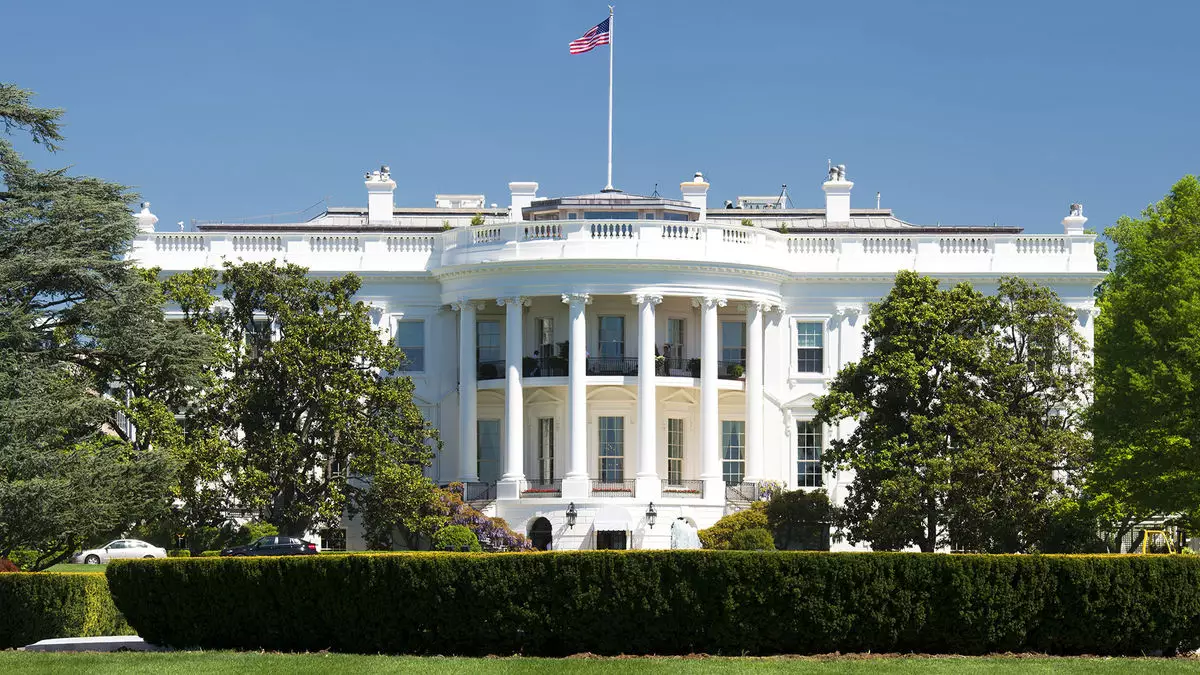The American Society of Travel Advisors (ASTA) recently articulated a comprehensive set of concerns and priorities in a letter addressed to the incoming Trump administration. These issues reflect a mixture of apprehensions surrounding travel bans and operational challenges within the airline sector. This article critically evaluates ASTA’s stance, particularly regarding travel bans, airline ticket refunds, independent contractor classifications, and regulatory advocacy.
Travel bans form a significant aspect of ASTA’s concerns as they relate to both past practices and future implications. Donald Trump’s initial executive order — banning travel from several Muslim-majority countries in January 2017 — sparked widespread backlash from the travel industry, highlighting the industry’s sensitivity to any actions perceived as discriminatory. The repercussions of such bans extended beyond legal challenges; they sent a damaging signal to international travelers, potentially discouraging tourism.
In ASTA’s letter, the reiteration of these concerns underscores the belief that any reinstatement of similar measures could introduce significant unpredictability within an already vulnerable industry. Zane Kerby, ASTA’s CEO, accurately points out that travel restrictions create uncertainty, which can dissuade potential tourists from considering the U.S. as a viable destination. Given the economic dependence of U.S. cities on tourism and travel, this point cannot be overstated. The potential impact on international travel market share highlights a need for a balanced approach to national security that does not alienate global travelers.
Another pivotal point made by ASTA involves the complexities surrounding airline ticket refunds. Recent regulations from the Department of Transportation have mandated refunds for canceled or significantly altered flights, with implications that pose significant challenges for travel agencies. Many agencies purchase tickets in bulk, making them the “merchant of record.” As a result, they bear the financial burden of issuing refunds, placing them at risk should airlines fail to promptly reimburse them.
ASTA’s proposal for a structured timeframe for refunds — suggesting that airlines have seven days to remit payments and the travel agencies another week to refund customers — reflects a pragmatic approach to alleviate potential strain on these businesses. However, it also highlights a critical gap in current regulatory practices. By advocating for more explicit guidelines on the cash flow related to ticket sales and refunds, ASTA seeks to protect the financial viability of travel agencies, which are essential players in the distribution of airline tickets.
ASTA’s concerns about the classification of independent contractors represent another layer of complexity. With approximately 85,000 independent contractors working within the travel agency landscape in the U.S., the significance of this classification cannot be overlooked. The new Department of Labor regulations present inconsistencies that could burden travel agencies with misclassifications.
ASTA calls for a return to the streamlined regulations established during the previous Trump administration, offering a clear two-factor assessment for independent contractor status. By striving for consistency across federal agencies regarding worker classification, ASTA aims to create a regulatory environment that fosters clarity and allows agencies to operate without fear of repercussions related to worker classification.
In the broader context of regulatory advocacy, ASTA’s requests reflect a structured approach to engaging with the new administration. In addition to their primary concerns about travel bans, refunds, and independent contractor regulations, ASTA’s proposal for a Passenger Experience Advisory Committee emphasizes the need for ongoing dialogue within the industry. Such a committee offers a platform for travel advisors — who account for a significant portion of air ticket sales — to voice their concerns directly to policymakers.
The push for safe harbors regarding hotel junk fees and clarity on enforcement actions against travel agencies illustrate an essential truth within the industry: transparency and protection for intermediaries are fundamental. ASTA’s advocacy for exemptions signifies a desire to prevent undue burdens on travel agencies, which often operate under tight profit margins and face unpredictable market conditions.
ASTA’s detailed letter to the incoming Trump administration encapsulates a range of pressing concerns that require immediate attention. As travel continues to evolve in a post-pandemic world, engaging with policymakers to ensure the industry’s health becomes paramount. The focus on areas such as travel bans, refund processes, contractor classifications, and regulatory clarity will prove essential for navigating future uncertainties. Ultimately, collaboration between the travel industry and government will be pivotal in fostering a robust and resilient framework that enables recovery and growth in the years to come.


Leave a Reply